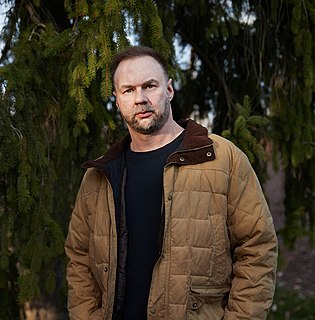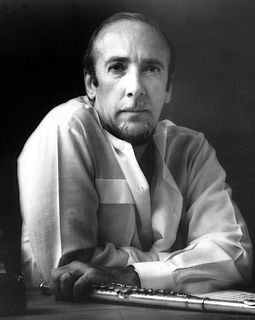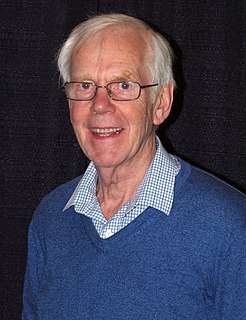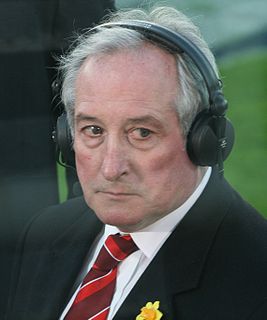A Quote by Thomas Tull
I've been a film geek since I was a little kid and to start with an idea and then get a stack of papers with words on it called a script, then storyboarding the art, and you sit with these guys and now all the sudden it's a movie, and to see fans reactions to it when you put it out.
Related Quotes
I love Donnie Darko movie so much. Just before I got that script, I had been to see some European art film. I walked out of that movie and said to my husband, "That's what I want to do! I want to do an art film and take it to the edge." Within two weeks, we were getting ready to go on vacation, and my agent called.
I write lyrics really fast. When it's time to write, I usually put them off until the very end and then when it's time to write I can just sit down: I sing the melody, whatever the melody is, because that's the first thing that's already been there for a long time; I start singing it and I start creating consonants and vowels; then they turn into words; then all of the sudden one sentence will happen; then that sentence will dictate how the rest of the sentences happen.
During the preproduction when I'm shooting and then once we wrap we go away. And then the visual effects guys take over. And then they add all those little bits and pieces. They come up with ideas during the cut in the editing, and they said while would be really cool if we did this thing here where the blade pops out. So then you see the movie and say wow that's a really neat idea. I wish we would have thought of that.
I lived right on the borderline of a black neighborhood. So I could go into the black area and then there'd be these ghetto theaters that you could actually see the new kung fu movie or the new blaxploitation movie or the new horror film or whatever. And then there was also, if you went just a little further away, there was actually a little art house cinema. So I could actually see, you know, French movies or Italian movies, when they came out.
All directors make films in individual ways. But the classical kind of view of filmmaking is that you have a script, and it's very linear. There's a script, then you're going to shoot the script ,and then you cut that, and then that's the end of the film. And that's never really been how I've seen it.
Lego was our fourth film, because we did two Cloudys, so yeah there's a little bit of shorthand that's involved and then you can anticipate things- because for me it's like, I get a script for a movie and I go, "Wow that's a pretty good script", then you sign on and a couple months later they show you the first cut and you're like, "Whoa, how did that happen?"
Let's say you have some chicken stock and you're making soup, and out of everything you can taste, some of the things you put in and some of the things you don't. So you start out with an African spice then you hear some Brazilian music, so then it changes. Then you hear Jamaican and it changes again. And the result depends on how much of each spice you put into it. Now, I've been putting in spices since I started playing professionally in 1945.

































